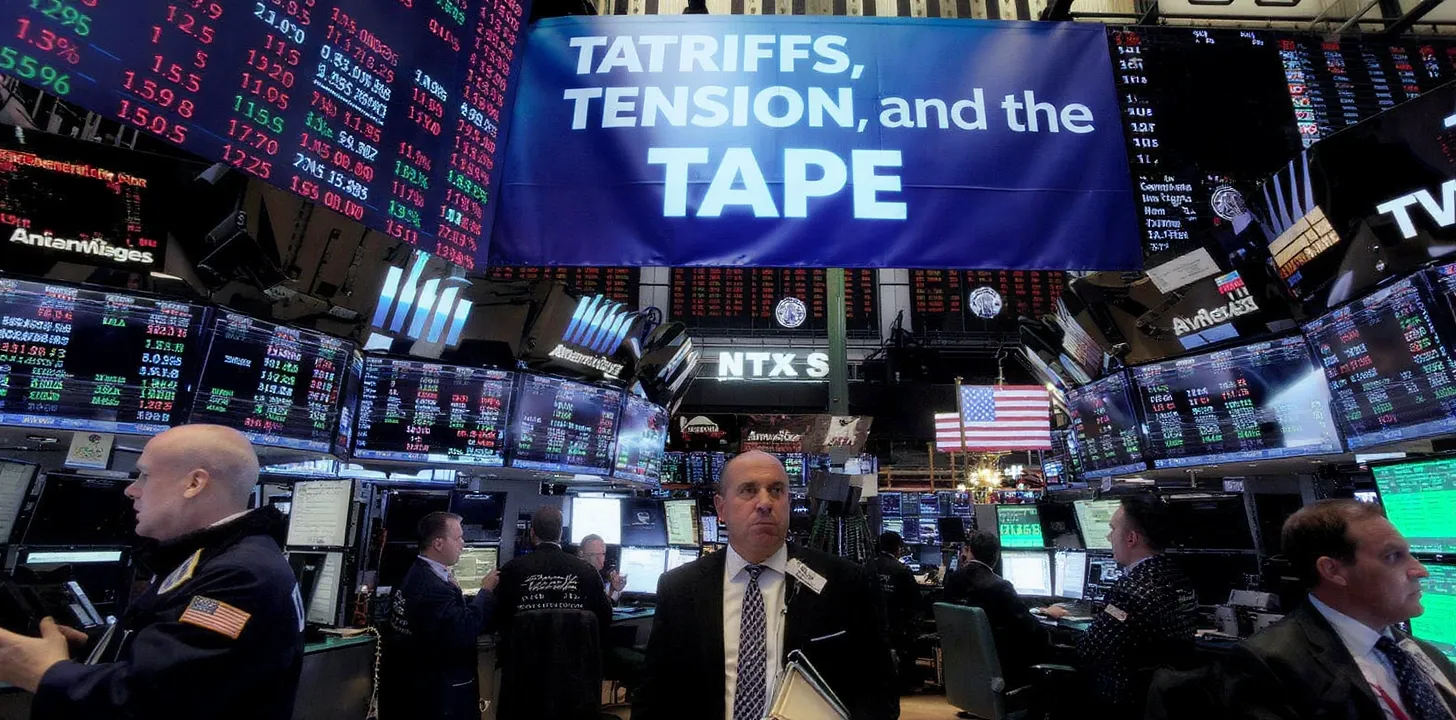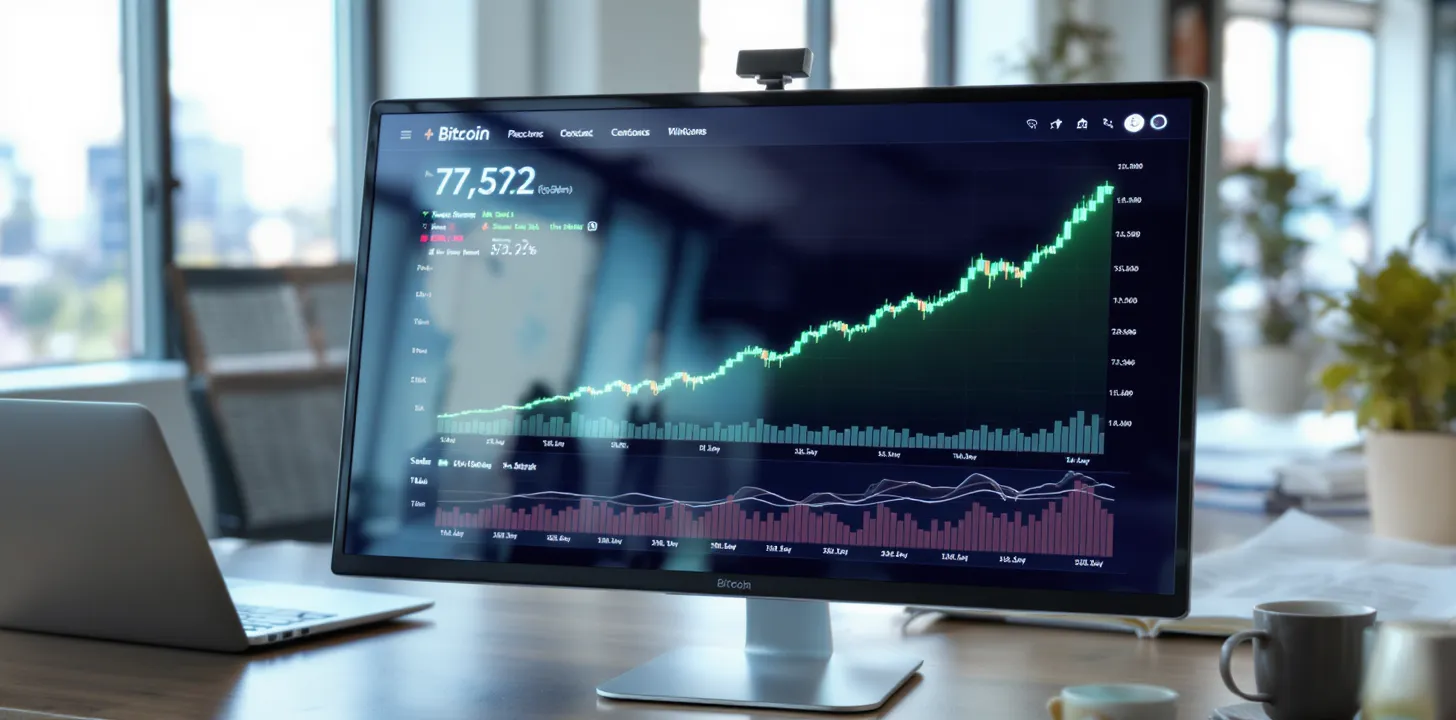Week Ahead: High-Stakes Data, Political Shifts, and Central Bank Decisions Set Market Tone
The global economic landscape is poised for another roller-coaster week. Germany’s conservative victory sets the tone for Europe’s largest economy, while the United States gears up for critical releases of consumer data, culminating in the Fed’s favored inflation metric—core PCE. Meanwhile, finance ministers and central bank chiefs converge for the G20 meeting, offering a possible flashpoint for discussing trade tensions and growth concerns. Below is a detailed roundup of the events likely to dominate market chatter and chart directions for major asset classes.
1. Germany’s Conservative Triumph: Market Relief, Coalition Jitters
Sunday’s German election delivered a centrist outcome, alleviating fears of an extreme political shift. The center-right conservatives’ win could herald stable governance if a workable coalition forms quickly.
Market Reaction:
- Euro: The immediate bounce in the euro suggests relief that a mainstream leadership can steer Germany forward. Still, uncertainties around coalition negotiations could inject volatility if talks drag on or if policy differences emerge.
- German Equities: Investors welcomed the result with a rally on Monday, but watch for any faltering momentum if coalition-building proves more complicated than expected.
2. US Core PCE: The Fed’s Inflation Litmus Test
Economists and traders are primed for Friday’s release of the core Personal Consumption Expenditures (PCE) price index—widely recognized as the Federal Reserve’s favorite inflation gauge.
Why It Matters:
- Policy Clues: If the core PCE reading surpasses estimates, hawkish signals from the Fed could intensify, potentially muting expectations of additional rate cuts. Conversely, a lower figure might embolden doves advocating for further easing.
- Dollar Dynamics: Strong inflation data typically underpins the greenback, while a miss could reverse the dollar’s recent gains, especially against safe-haven currencies like the yen.
3. G20 Finance Chiefs: Trade Tensions Back in the Spotlight
As finance ministers and central bankers of the G20 gather, the specter of trade disputes resurfaces. U.S. President Donald Trump has hinted at new or reciprocal tariffs, directed at everything from digital taxes to autos, fueling trade war anxieties.
4. UK’s Light Data Week and BoE Appearances
The United Kingdom offers little in the way of headline economic releases, but markets will tune in closely to the Monetary Policy Report Hearings on Tuesday. Key Bank of England figures will testify before Parliament, potentially influencing market sentiment.
5. Asia-Pacific Highlights: Japan, China, and Antipodean Data
Japan: Focus shifts to Friday’s Tokyo Core CPI, industrial production, and retail sales, offering insights into the Bank of Japan’s potential policy adjustments.
China: Saturday’s official NBS February PMIs will be dissected for signs of economic rebound, impacting commodity-linked currencies like the AUD.
6. Canada: Q4 GDP in Focus
Canada reports its Q4 GDP on Friday, with Bank of Canada officials expected to provide clarity on economic outlooks amid tariff concerns from the U.S.
7. Watching for Surprises and Shocks
With ongoing geopolitical undercurrents—from the Ukraine crisis to Sino-American trade tensions—traders remain on alert for unexpected announcements. Corporate earnings and tech sector developments may sway equity sentiment, while bond markets remain sensitive to central bank policy shifts.
Conclusion
As German coalition talks commence and the Federal Reserve’s key inflation measure nears, global markets confront a dynamic mix of political realignments, inflation concerns, and trade uncertainties. The G20 meeting adds yet another layer of unpredictability, as finance chiefs grapple with sustaining growth while curbing price pressures. Investors must remain flexible, staying alert to abrupt turns in political dialogues, fresh inflation data, and central bank commentary that can rapidly shift the risk narrative.



